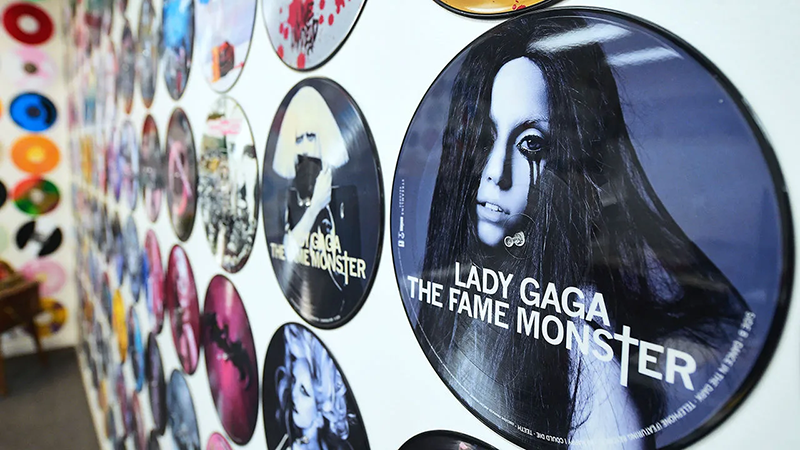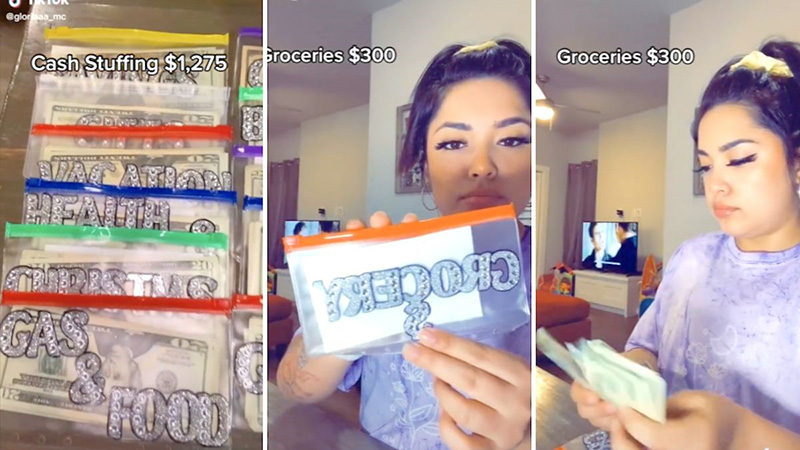But this time the turntable is equipped with Bluetooth speakers. In a world of virtual reality, cashless transactions and unlimited streaming services, Warwick Cairns, The Effectiveness Partnership, explains why consumers are rediscovering the joys of tangible products and services.
It’s like déjà vu all over again, as Baseball legend Lawrence ‘Yogi’ Berra once put it. Because this year, it seems, is going to be the year of retro entertainment. There’s a remake of 1987’s Dirty Dancing in the making, and a new version of the Fall Guy, based on a 1980s series about a stuntman played by Lee Majors. Mind you, last year was also the year of retro entertainment with a reboot of 1984’s Ghostbusters and a sequel to 1973’s The Exorcist. As was the year before that.
What is it with all this stuff? And what has it got to do with brands and marketing?
The distinctive thing about retro is the heady mix of strangeness and familiarity. It’s sort of old, but it’s not ‘historical.’ It’s not like those medieval banqueting scenes you’ve seen a hundred times before. The bearded noblemen roaring with laughter as they quaff ale from flagons and throw gnawed meat bones to the dogs that prowl beneath the table, while serfs turn the roasting ox on the spit over the great fire and minstrels caper to the flutes and drums, and comely serving wenches try, and fail, to avoid being groped by the diners, and they all – even the wenches – look and sound like Brian Blessed. Retro’s not like that at all.
Retro is the world as you know it. But at the same time, it’s sort of not.
So, picture this scene. A young woman is making her way down the local high street. She’s in her early twenties. She’s wearing a long Afghan coat with a shaggy fur trim and platform shoes with cork heels. She’s chewing gum as she walks, listening to the song playing on her cassette Walkman. Which we can’t hear. But from the way she’s walking it looks like it’s a lively number. In one hand she’s carrying a shopping bag. You can just see the top of a 12” vinyl LP poking out. In her other hand she’s carrying her purse, which contains what’s left of the money she withdrew from the building society cash machine a few doors back. She’s heading home, where her new portable record-player awaits, along with the little stack of envelopes she keeps for the money she has left over. Each envelope is marked, in biro, with a single word. One says RENT. Another says FOOD.
So where are we now? Late 1970s, maybe? Early 80s?
Let’s freeze the frame, for a moment, and let’s look more closely.
Because the way I’m looking at it, something’s not quite right here in the wardrobe and props department.
That coat. It looks like sheepskin but it’s made of synthetic fabric. There’s a logo stitched on the hem in orange thread. It says SuperDry – a brand only came into existence in 2003. That record bag. It says Urban Outfitters, which is actually a clothing and homewares brand that first came to the UK in 1998. Strange place to buy a record from. That building society behind her. The sign says Nationwide. Not Nationwide Anglia, which it might have said, if we were way back when. Even the money: the notes in her purse are plastic. Skip to the next scene and that the music from her record player is coming out of a speaker on the other side of the room. There are no wires attaching it to the turntable. It’s all done by Bluetooth.
And then you realise you’re actually in 2024. But 2024 as you or I might imagine it to be.

The vinyl revival: music gets physical again
Because after years of decline, all kinds of things you thought were either long gone or at least well on the way out are now on the way back and on the way up. Cash, for example. In 2020, just 15% of all transactions were paid for in cash. That was down from 80% in the early 1990s. Shops are going cashless, right? I tried to pay for a loaf of bread with a fiver in my local artisan sourdough shop the other day, and from the look I got I might as well have been offering a groat, or a couple of chickens to barter. Yet the number of banknotes in circulation has actually increased over the past couple of years, from £69.8bn in 2019, to £81.3bn at the end of 2023. And it’s a revival driven by young people. Even cash machines: today’s 18–24s are now significantly more likely to use them than are the 35–54s.
Those budgeting envelopes. Turns out it’s a TikTok craze, called Cash Stuffing. #CashStuffing videos on the platform have been viewed an astonishing 1.7 billion times.

#CashStuffing: the TikTok generation discovers how to put money in envelopes
Things go so far, it seems, and there comes a point, once people have comfortably pocketed the gains from progress, they start looking at what it’s cost them along the way. Take music. With today’s streaming services a generation has grown up taking for granted unlimited access to all and any music, instantly. But at the cost of what you might call tangibility. The ownership of a physical object. The cover artwork. The sleeve notes. The ritual of putting the needle down gently on the disc.
It's not just in music where tangibility is making a comeback. In 1989, First Direct launched what was, at the time, a revolutionary new concept: a bank with no branches. Instead, its ‘Broadcast from the Future’ ad told us, it could be accessed at any time at the end of a telephone (remember those?).

Broadcast from the Future (1989). First Direct, a bank with no physical branches.
Thirty-odd years later, Nationwide are now seeking to be just as revolutionary by taking the complete opposite tack: they actually have physical branches on physical high streets.

Nationwide: ‘Unlike the big banks, we’re not closing our branches’
We talk a lot about the metaverse these days. But it seems there’s only so long you can spend living your life through a world that doesn’t actually exist before you start hankering for some old-school reality.
Smart brands recognise that. Smart brands also understand that consumers don’t actually want to give up all the benefits of technology and go back to the way things were. They want it all, and all at once. As they always have done.
Some things never change.

